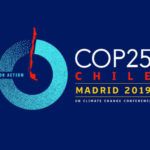Hazel MacIver of Tearfund Scotland gives a moving account of her first day at COP25
My first day at the annual UN Climate Summit, this year held in Madrid, was very eventful. It started with listening to climate activist Greta Thunberg and ended abruptly when the police escorted a group of protestors, along with some observers like myself, from the conference venue.
The mood at the Summit is downbeat. Activists are disheartened at not just the lack of progress on cutting carbon emissions, but the lengths that some governments are going to in order to do nothing or very little at all ‒ whilst still claiming to be taking measures to tackle climate change.
Which is why Greta Thunberg told us in her speech that “the biggest danger is not inaction. The real danger is when politicians and CEOs are making it look like real action.”
Out of frustration at the lack of progress being made by governments to cut emissions, protestors decided to stage a moment of action, just before 3pm, where they rattled pens against water bottles, banged metal cups together and tried to make as much noise as possible.
I then saw a number of UN security guards pull a cloth banner from protestors’ hands, then encircle a woman. It prompted the protestors to chant “let her go!” and things escalated from there.
As protestors and security jostled, security pulled people’s passes from their lanyards. The security personnel formed a chain to move the protestors, and those like me who happened to be in the area, out of the venue.
Once outside, a steel door was closed behind us, with a line of security in front of it. As we were waiting, protestors spoke and sang songs. Eventually we were asked to move away from the venue. Spanish police escorted us away, with vans driven alongside us and police officers on foot.
It was very cold, and we were not allowed to return for our coats and possessions.
I was impressed at the protestors who were determined to keep everyone calm and peaceful.
I am not someone who normally takes part in civil disobedience ‒ I am Presbyterian to my very core ‒ but I do feel grateful to the protestors for trying to make change happen.
I recently heard about devastating climate-related flooding in South Sudan, which has affected one million people living there.
Tearfund has been treating mothers and children in South Sudan, who are suffering from extreme levels of malnutrition and now that most crops have been destroyed, with vast areas inaccessible to vehicles, the flooding has hampered humanitarian efforts even further.
The flooding has submerged entire communities and damaged crops to such an extent that the ‘lean season’ is anticipated to start early as we go into 2020. The ‘lean season’. It feels like we are in the ‘excess season’ in Scotland, as we celebrate Christmas and New Year.
Climate change can seem so distant from us, yet families just like mine in South Sudan are today facing the stark reality of climate change. A changing climate doesn’t mean warmer weather and more days at the beach; it means crops destroyed, livestock killed, homes filled with water and disease spreading.
It is not fair that that those who have contributed so little to climate change are living with the brutal consequences of it.
Lots of us care about climate change but how many of us do anything about it? This year, 2019, has been the year where the youth have held us to account, gone on strike and spoken up.
I am not keen to repeat my experience with the Spanish police or indeed any police, but today has prompted me to think about how I can, in my very Presbyterian way, advocate for change.
It feels too hard sometimes and for some it feels too late, but as a person of faith I believe in the power of hope.
Greta Thunberg summed it up in her speech: “We need optimism to keep going… And we need outrage to act and be ambitious.”



